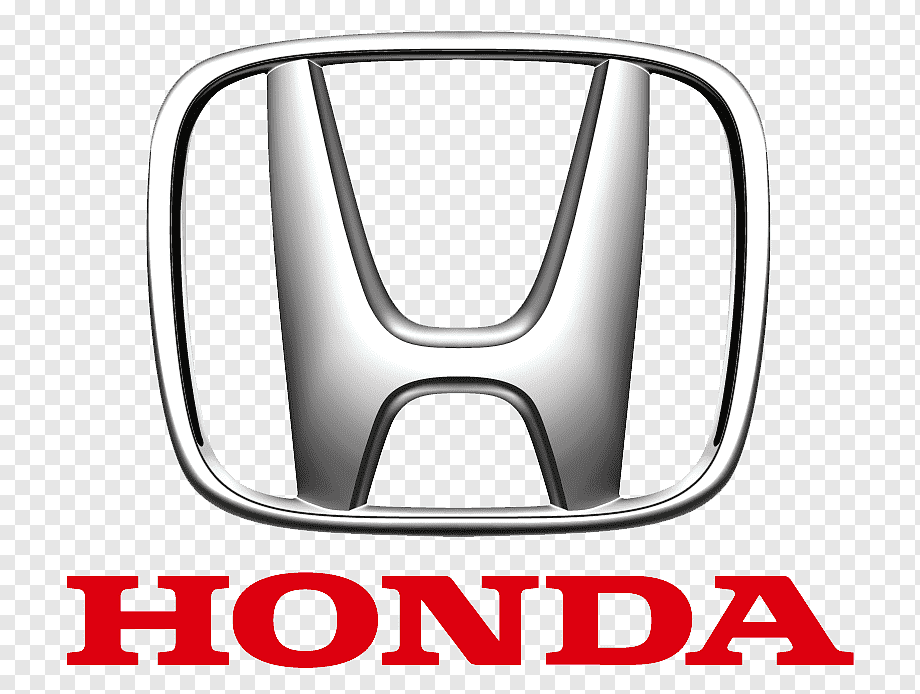Honda Motor Co. has announced a significant recall affecting approximately 1.7 million vehicles in the United States. This recall is due to a defect in the steering gearbox that could potentially lead to steering difficulties and increase the risk of accidents. The recall encompasses a range of models from the 2022 to 2025 model years, including popular vehicles such as the Honda Civic, CR-V, HR-V, and the Acura Integra. This article delves into the details of the recall, the specific issues identified, and the steps Honda is taking to address the problem.
The Defect: Steering Gearbox Issue
The primary concern prompting this recall is a defect in the steering gearbox. The steering gearbox is a critical component that translates the driver’s steering inputs into the movement of the wheels. In the affected vehicles, an improperly produced steering gearbox worm wheel can swell when exposed to environmental heat and moisture. This swelling reduces the grease film thickness between the worm wheel and the worm gear, leading to increased friction and steering difficulty.
Additionally, the worm gear spring preload was set improperly high during production, which increases the sliding force between the components. This excessive friction can cause abnormal steering noise, increased steering effort, and in some cases, “sticky” steering, where the steering wheel does not return to the center position smoothly. These issues can significantly impair the driver’s ability to control the vehicle, especially at higher speeds or during emergency maneuvers, thereby increasing the risk of a crash.
Models Affected
The recall affects a wide range of Honda and Acura models produced between 2022 and 2025. The specific models include:
-
-
Honda Civic Sedan (2022-2025)
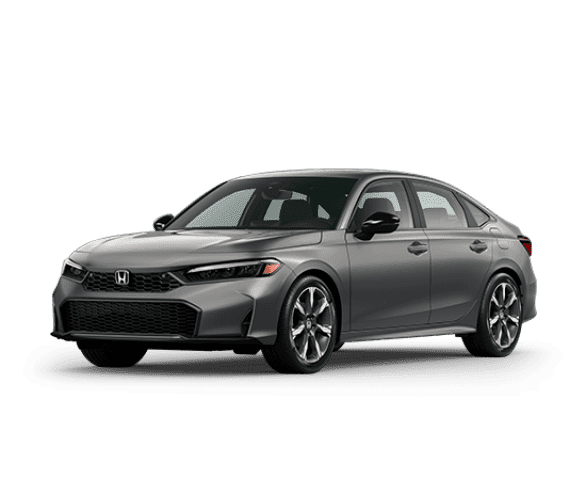
-
Honda Civic Hybrid Sedan (2025)
-
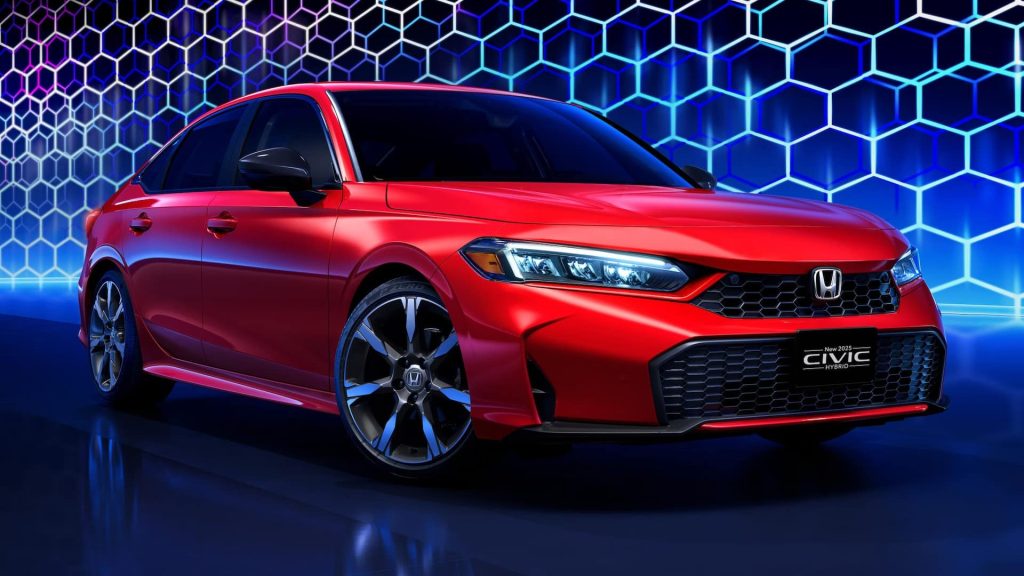
-
-
-
-
-
Honda Civic Hatchback (2022-2025)
-

-
Honda Civic Hybrid Hatchback (2025)
-
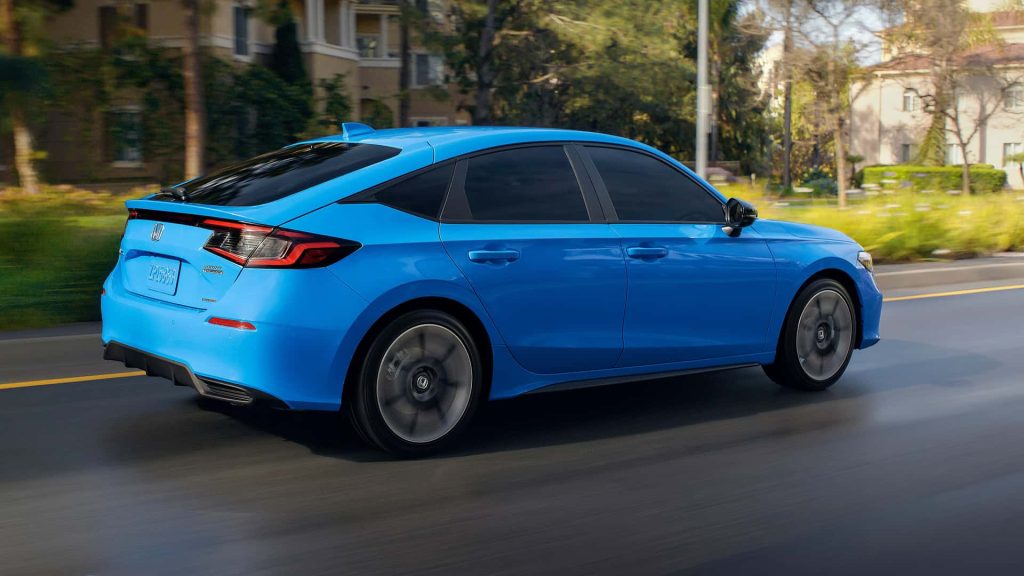
-
Honda Civic Type R (2023-2025)
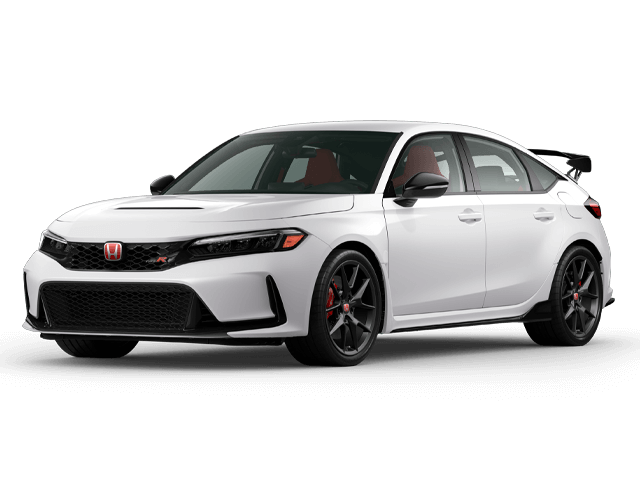
-
Honda CR-V (2023-2025)
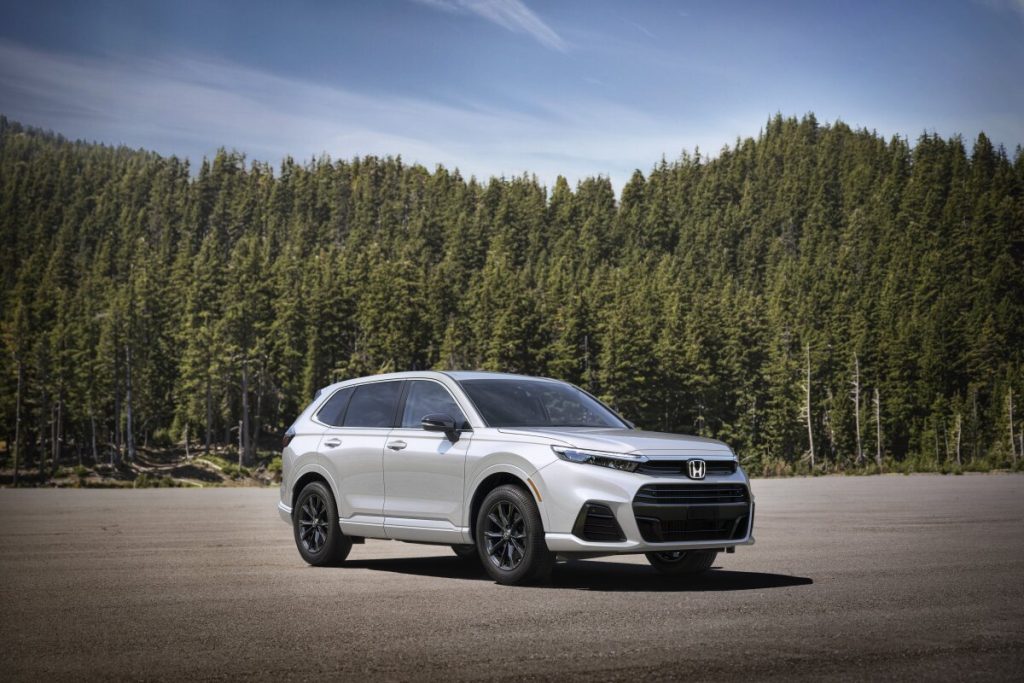
-
-
-
Honda CR-V Hybrid (2023-2025)
-
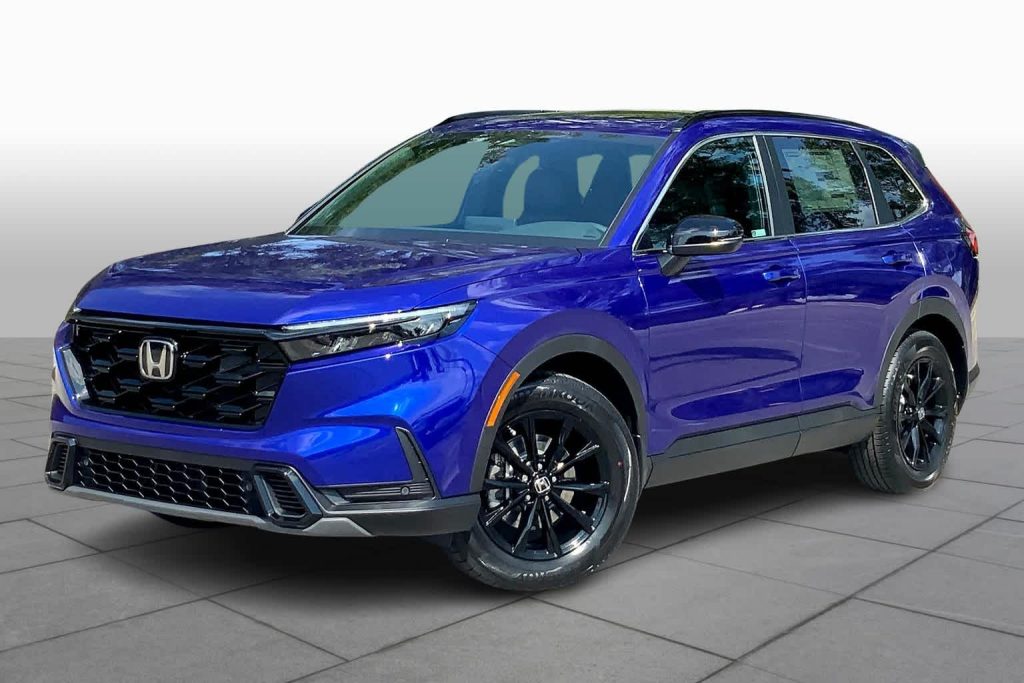
-
-
Honda CR-V Fuel Cell (2025)
-
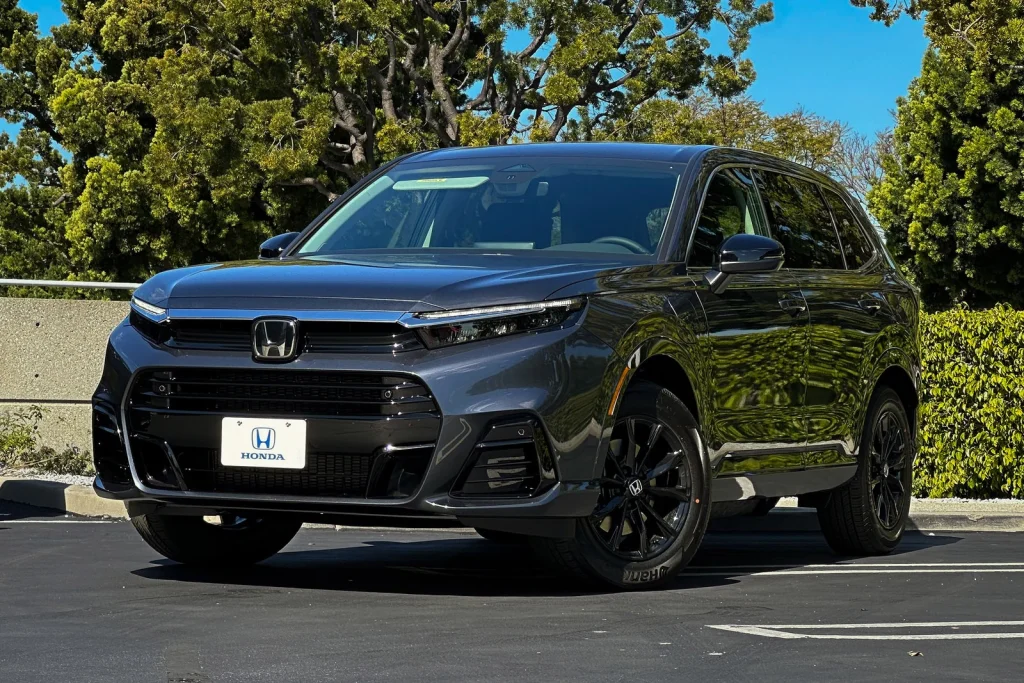
-
Honda HR-V (2023-2025)
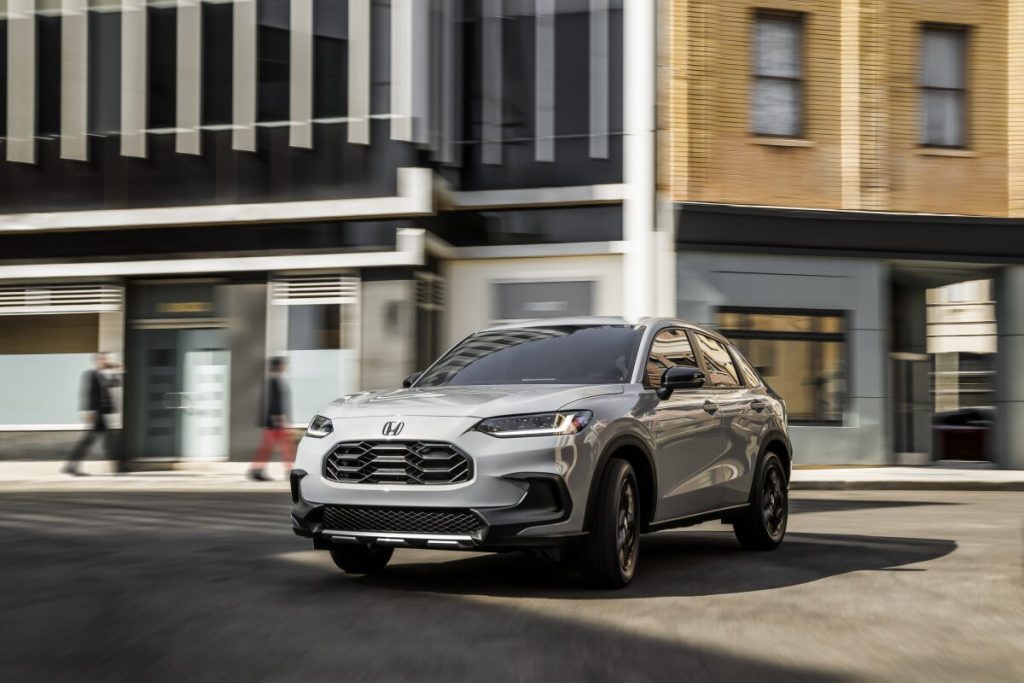
-
-
-
Acura Integra (2023-2025)
-
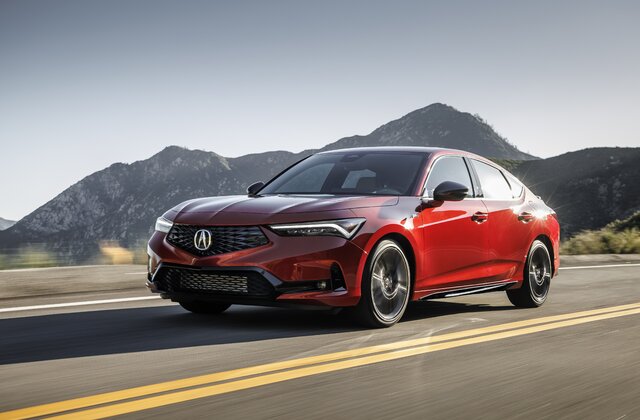
-
Acura Integra Type S (2024-2025)
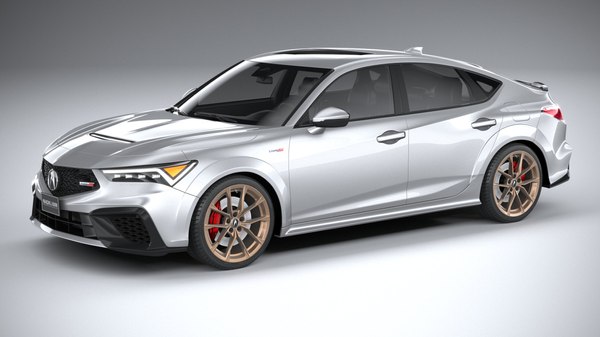
Owners of these vehicles are advised to check if their vehicle is part of the recall by visiting Honda’s recall website or contacting their local Honda or Acura dealership.
Discovery and Investigation
The issue was first identified through internal quality control processes and customer complaints. Initial reports of steering difficulties began to surface in 2021, prompting Honda to launch an internal investigation. By November 2022, the National Highway Traffic Safety Administration (NHTSA) had also begun its own investigation into the matter.
Throughout 2023, Honda continued to receive warranty claims related to the steering issue, with the total number of claims reaching over 10,000 by the time the recall decision was made in September 2024
Recall Process and Owner Notification
Honda has outlined a comprehensive plan to address the defect and ensure the safety of its customers. Owners of affected vehicles will receive notification letters starting in November 2024. These letters will provide detailed instructions on how to proceed with the recall process.
Owners will be instructed to take their vehicles to an authorized Honda or Acura dealership, where the defective steering gearbox components will be inspected and repaired free of charge. The repair involves redistributing or adding grease to the worm wheel and replacing the worm gear spring with an improved part that has been designed to prevent the issues identified.
In addition to mailed notifications, Honda has set up a dedicated recall website where owners can check if their vehicle is affected by entering their Vehicle Identification Number (VIN). The website also provides additional information about the recall and the steps owners need to take.
Impact on Honda and Customer Response
Recalls of this magnitude can have significant implications for an automaker, both in terms of financial cost and brand reputation. The cost of repairing 1.7 million vehicles is substantial, involving not only the replacement parts but also the labor required to perform the repairs. However, Honda has emphasized its commitment to customer safety and its willingness to take the necessary steps to address the issue promptly.
Customer response to the recall has been mixed. While some owners appreciate Honda’s proactive approach to addressing the defect, others have expressed frustration over the inconvenience of having to take their vehicles in for repairs. The timing of the recall, with notifications starting in November, has also raised concerns among owners who rely on their vehicles for daily transportation and may face delays in getting their cars repaired.
Preventive Measures and Future Outlook
In response to the issues identified, Honda has implemented several preventive measures to ensure that similar defects do not occur in future production. These measures include stricter quality control processes, improved production techniques, and enhanced training for assembly line workers.
Honda has also committed to ongoing monitoring of the affected vehicles to ensure that the repairs are effective and that no further issues arise. The company has pledged to work closely with the NHTSA and other regulatory bodies to maintain transparency and uphold the highest standards of safety.
Looking ahead, Honda aims to restore customer confidence by demonstrating its dedication to quality and safety. The company is leveraging this recall as an opportunity to reinforce its commitment to producing reliable and safe vehicles. By addressing the defect head-on and taking swift action to rectify the problem, Honda hopes to mitigate the impact on its brand reputation and maintain the trust of its customers.
Conclusion
The recall of 1.7 million vehicles due to a steering gearbox defect is a significant event for Honda, highlighting the challenges automakers face in ensuring the safety and reliability of their products. While the recall process may be inconvenient for affected owners, it underscores Honda’s commitment to addressing potential safety issues promptly and effectively.
As the recall process unfolds, Honda will continue to provide updates and support to affected customers, ensuring that all necessary repairs are completed as quickly and efficiently as possible. By taking these steps, Honda aims to uphold its reputation as a manufacturer of high-quality, dependable vehicles and to reassure its customers that their safety remains a top priority.
-
-
-

